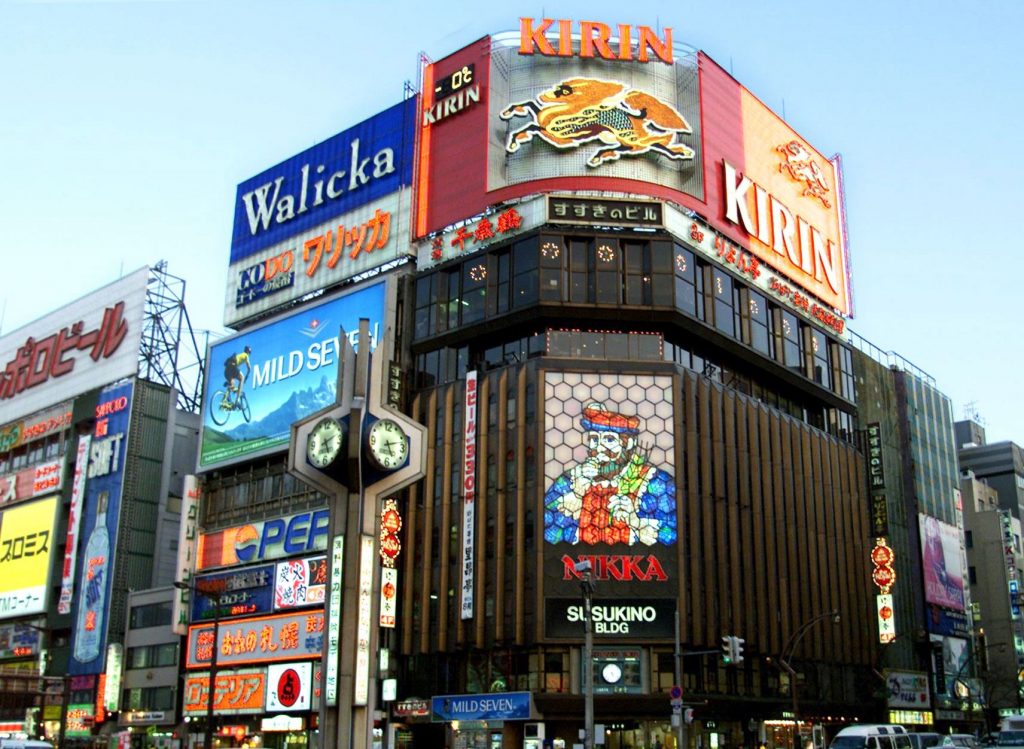
- ARAB NEWS
- 19 Aug 2025

A novel coronavirus state of pre-emergency started in three additional prefectures in Japan on Sunday, allowing local authorities to take stricter measures aimed at forestalling the surge of infections with variant strains.
Hokkaido, northernmost Japan, and the central prefectures of Gifu and Mie were added to the list of areas in pre-emergency stage, while Miyagi Prefecture, northeastern Japan, came off from the status.
With pre-emergency measures extended for Saitama, Chiba, Kanagawa, Ehime and Okinawa, a total of eight prefectures are now covered by the pre-emergency designation, which will be in place through the end of May.
Bars and restaurants in the eight prefectures are being requested to shorten business hours to prevent infections.
The central government has decided to extend the coronavirus state of emergency for Tokyo and the western prefectures of Osaka, Kyoto and Hyogo until May 31, beyond the initially planned expiration date of Tuesday, while expanding the area coverage to include Aichi and Fukuoka prefectures, effective on Wednesday.
Under the extended emergency, the government will allow large-scale commercial facilities, including department stores, to operate until 8 p.m., relaxing its earlier request for business suspension.
But prefectural governors, who have final say on such restrictive measure, are divided in their responses. The governors of Tokyo and Osaka plan to maintain their closure requests, while the Kyoto and Hyogo governors will ask such stores to close only on weekends.
Economic revitalization minister Yasutoshi Nishimura, who leads the central government’s efforts to tackle the coronavirus crisis, said on television on Saturday that the government has set the base line for requests that needs to be honored. There is no discrepancy between the central and local governments, he said.
Nishimura called on businesses to promote remote working to achieve the government’s goal of reducing the number of commuting workers by 70 percent.
“Regulation, order and penalty are not suitable measures, but we want (businesses) to disclose (records of remote working by their employees),” he said.
Nishimura also suggested that the government is considering adding the promotion of remote working to the corporate governance code established by the Financial Services Agency and the Tokyo Stock Exchange.
JIJI Press